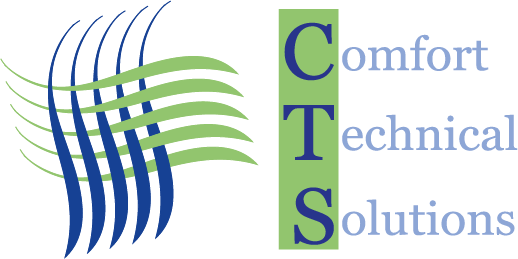Inverter Technology: The Eco-Friendly Solution for a Sustainable Future
by Harold Achicanoy on Oct 31, 2024

In today's world, where environmental concerns are at the forefront of global discussions, the need for sustainable technologies has never been greater. One such innovation that stands out for its eco-friendliness is inverter technology. From air conditioning units to refrigeration and renewable energy systems, inverters are revolutionizing the way we consume energy and manage our resources.
What is Inverter Technology?
At its core, inverter technology involves converting direct current (DC) into alternating current (AC). This process allows for more control over the output and efficiency of electrical devices. By adjusting the frequency and voltage, inverters can match the power supply to the actual needs of the device, which leads to significant energy savings compared to traditional systems.
Environmental Benefits of Inverter Technology
-
Energy Efficiency: Inverter technology enhances energy efficiency by adjusting power usage to the requirements of the device. This means that systems can run at lower power levels during periods of low demand, reducing overall energy consumption and the associated carbon footprint.
-
Reduced Greenhouse Gas Emissions: By optimizing energy use, inverter systems contribute to a decrease in greenhouse gas emissions. As less energy is consumed, fossil fuel dependency diminishes, which is especially vital in combating climate change.
-
Lower Noise Pollution: Inverter-driven appliances often operate more quietly compared to traditional systems. This not only enhances user experience but also contributes to lower noise pollution, making urban environments more livable.
-
Longer Lifespan of Equipment: Inverters help in maintaining a consistent power supply, leading to less wear and tear on appliances. This can result in longer operational lifespans for devices, reducing the need for replacements and the associated waste.
Applications of Inverter Technology
-
Air Conditioning: Inverter AC units adjust the compressor speed to maintain the desired temperature rather than turning on and off. This results in significant energy savings and enhanced comfort.
-
Solar Power: Inverters play a crucial role in solar energy systems by converting the DC generated by solar panels into AC that can be used in homes or fed back into the grid. They improve the efficiency of solar installations, making renewable energy sources more viable.
-
Refrigeration: Inverter technology can also be found in modern refrigerators, which continuously adjust their cooling levels based on the internal temperature. This not only saves energy but also helps in preserving food for longer periods.
Conclusion
As we move towards a more sustainable future, inverter technology stands out as an effective solution for reducing our environmental impact. By promoting energy efficiency, lowering greenhouse gas emissions, and enhancing the longevity of appliances, inverters play a crucial role in creating a greener, more sustainable world. Embracing this technology across various sectors can significantly contribute to our planet's health, making it imperative for both individuals and businesses to consider inverter systems in their energy strategies.
By prioritizing technological advancements like inverter systems, we can take meaningful steps toward a more sustainable and environmentally-conscious future.





